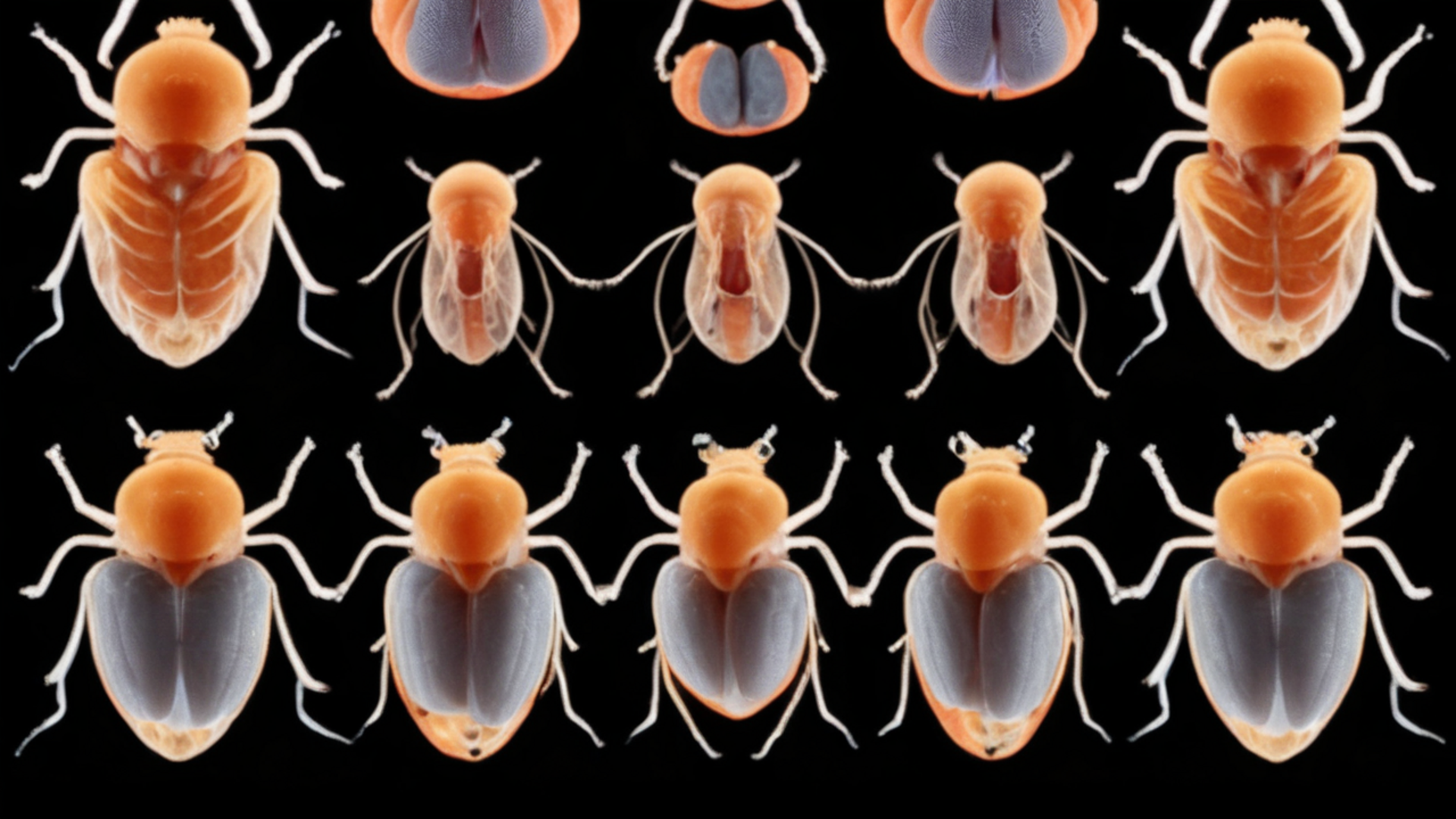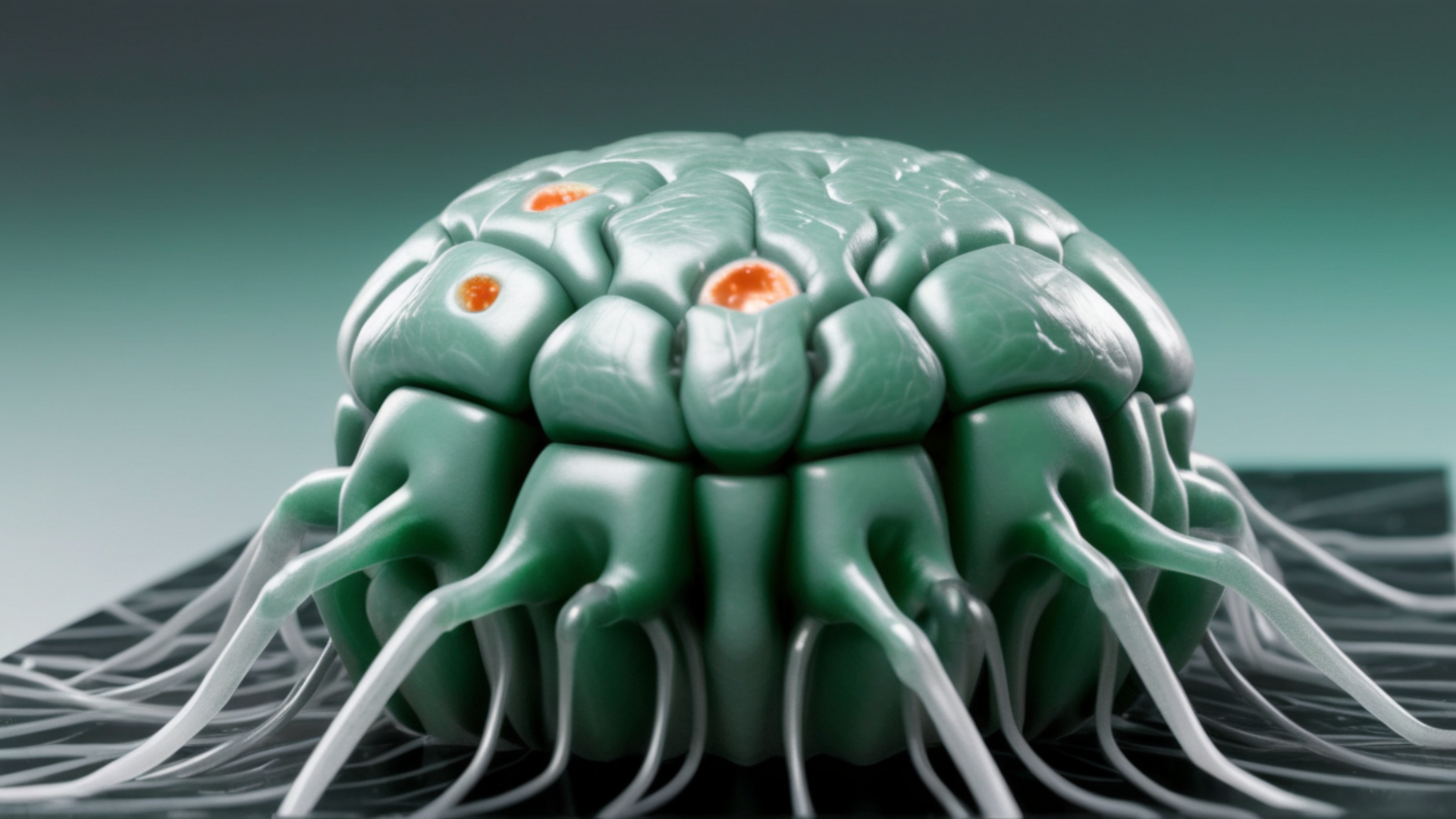Recent research reveals how rapidly evolving genetic switches called HARs uniquely shaped human brains, fueling our creativity and cognition—while inspiring us to mindfully nurture this evolutionary gift for growth.

Recent studies have been shedding light on how human brains evolved to become so distinct from those of our closest relatives, the chimpanzees. A study from Yale University reveals that genetic switches known as Human Accelerated Regions (HARs) play a crucial role in fine-tuning gene expression related to brain development in humans compared to chimps. These HARs work by adjusting how shared genes are expressed, influencing how neurons develop and communicate.
This research highlights how these genetic changes have allowed humans to develop complex brains capable of language, culture, and innovation. For example, take a person like Albert Einstein, whose groundbreaking theories reshaped our understanding of space and time. The intricate network of neurons in his brain was able to process and integrate vast amounts of information thanks to these evolutionary advancements. This shows how rapid brain evolution has contributed to human achievements.
Another study from UC San Francisco found that parts of human chromosomes have evolved at an accelerated pace compared to chimpanzees, leading to significant differences in brain structure and function. By studying artificial neurons derived from human and chimpanzee cells, scientists observed that human neurons developed multiple projections (neurites), enabling them to send and receive signals more effectively. When chimpanzee neurons were engineered with human HARs, they too grew more neurites, mimicking the human neuron's ability to form complex networks.
These findings not only underscore the biological basis of human cognitive abilities but also suggest that such rapid evolution might increase vulnerability to certain brain disorders unique to humans. Understanding these genetic changes can offer insights into health and wellbeing, helping us appreciate the delicate balance between brain function and potential risks.
In the context of personal development, recognizing these evolutionary advantages can inspire us to harness our brain's potential for creativity, learning, and problem-solving. For instance, techniques like mindfulness and meditation have been shown to positively influence brain function by enhancing neural connections and promoting mental clarity. This can lead to a greater sense of calm and wellbeing, emphasizing the importance of nurturing our brain's unique capabilities.
Ultimately, these studies invite us to reflect on the remarkable evolution of the human brain and its role in shaping our experiences and achievements. By embracing our brain's potential and taking care of its health, we can continue to evolve not just biologically but also in terms of personal growth and understanding.
As we continue to explore the intricacies of human brain evolution, we open doors to new possibilities for enhancing our cognitive abilities while ensuring mental health and resilience. This ongoing journey of discovery underscores the dynamic relationship between our evolutionary heritage and our contemporary well-being.
- Genetic switches known as Human Accelerated Regions (HARs) play a crucial role in fine-tuning gene expression related to brain development in humans compared to chimps.
- Rapid brain evolution has contributed to human achievements, such as Albert Einstein's groundbreaking theories reshaping our understanding of space and time.
- Understanding these genetic changes can offer insights into health and wellbeing, helping us appreciate the delicate balance between brain function and potential risks.
KEYWORDS
brain, mindful, health, calm, meditation, giftMOST READ
MORE TO READ

Mindfulness Practices Reduce Stress in Modern Life
Mindfulness practices help reduce stress and improve well-being by focusing on the present moment. They enhance emotional regulation and can be as effective as medication for anxiety.

Fruit Fly Brain Shows Unexpected Adaptability
The tiny fruit fly’s brain, with 140,000 neurons, reveals how focus and adaptability thrive under chaos—lessons to rethink wellbeing by filtering what truly matters in life’s noisy moments.

Spider Brains Reveal Human Waste System Insights
Scientists studying spider brains have uncovered a hidden brain waste removal system, which holds clues to Alzheimer’s disease. Nature-inspired research shows our brains have ancient cleaning mechanisms.

Nostalgic music activates brain networks linked to memory and emotion
Nostalgic music activates brain networks linked to memory, self-reflection, and emotional calm, offering a mental time-travel experience that enhances both emotional wellbeing and cognitive function.


